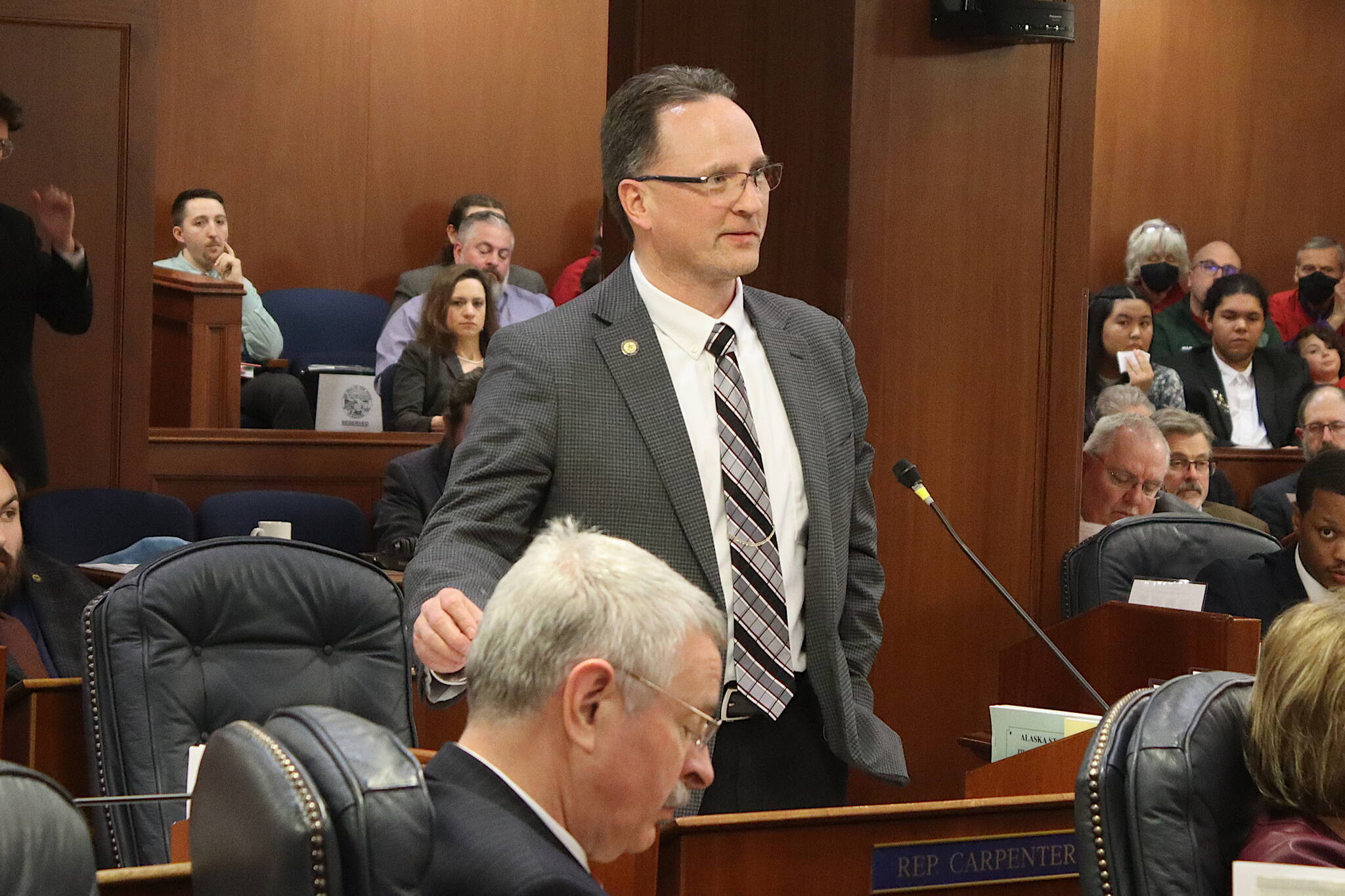I’ve truly enjoyed connecting with you each week through these columns, and I’m grateful for those who have reached out with questions and a desire to delve deeper into the issues shaping our state. It’s been an honor to serve you, and I wanted to express my appreciation for the opportunity to share my thoughts in the Clarion. If you haven’t already, I encourage you to sign up for my newsletter to stay updated on what’s happening in Juneau.
This week, I want to talk about tax structure. While it might not be the most riveting topic at first glance, I urge you to pause and consider something: within the intricacies of tax reform lies the key to unlocking Alaska’s potential for robust economic growth.
Currently burdened with one of the nation’s highest corporate tax rates, Alaska faces a significant disadvantage, deterring potential investors and stifling economic growth. When businesses pay less in taxes, they can invest more in growth, leading to more jobs and opportunities for everyone. Conversely, high taxes can drive businesses away, which is something we can’t afford.
Lowering corporate taxes isn’t just about benefiting big corporations — it’s about creating a brighter future for all Alaskans. HB 109 represents a crucial shift in our tax structure, aimed at revitalizing business investment and fostering economic prosperity. By consolidating corporate tax rates into a competitive 2%, Alaska can position itself as a leader in corporate tax competitiveness.
Our current graduated tax system discourages investment, but HB 109 seeks to change that. Transitioning to a single-rate system would eliminate complexities and disincentives associated with tax planning, creating a more conducive environment for business growth and investment.
Beyond its immediate impact on businesses, HB 109 has far-reaching implications for Alaska’s economy. By reducing the cost of doing business through lower corporate taxes, this legislation aims to stimulate economic activity, reverse population decline, and attract and retain businesses and talent in our state. Additionally, it aligns with national trends in corporate tax policy, reflecting efforts in other states to enhance competitiveness and spur economic growth.
Yet, the impact of corporate tax reform extends far beyond the business sector. Recognizing that the burden of corporate taxes ultimately falls on individuals, HB 109 aims to foster a more equitable distribution of tax responsibility, benefiting owners, consumers, and employees alike.
Furthermore, by reducing reliance on volatile corporate income taxes and incentivizing business investment, this bill promotes long-term fiscal stability, mitigating revenue fluctuations and ensuring Alaska’s economic resilience.
In essence, HB 109 represents a proactive step towards securing Alaska’s economic future. As the state legislature deliberates on this crucial piece of legislation, it is imperative to recognize the potential benefits it holds for our state. By reforming our corporate tax structure, HB 109 offers a pathway to revitalizing Alaska’s economy, attracting investment, spurring job creation, and ensuring our long-term viability in an increasingly competitive global landscape.
Ben Carpenter, representative for House District 8, is chairman of the Ways & Means Committee and Legislative Budget & Audit. Contact Rep.Ben.Carpenter@akleg.gov, 907-465-3779 or visit https://bencarpenterpost.com/.

